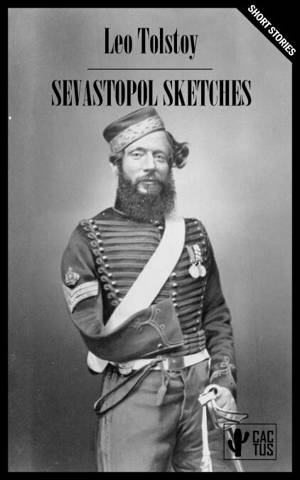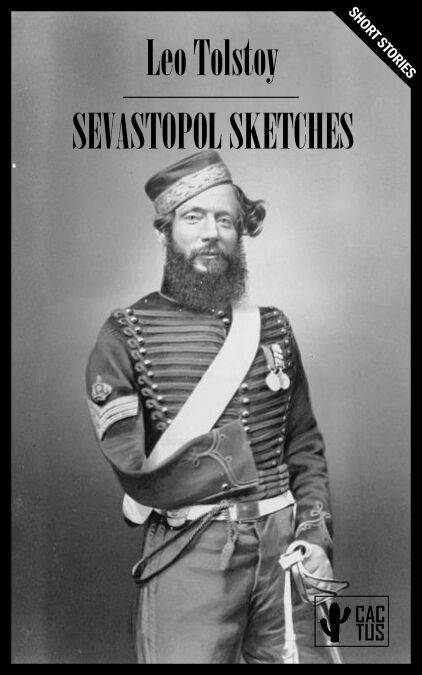
- Afhalen na 1 uur in een winkel met voorraad
- Gratis thuislevering in België vanaf € 30
- Ruim aanbod met 7 miljoen producten
- Afhalen na 1 uur in een winkel met voorraad
- Gratis thuislevering in België vanaf € 30
- Ruim aanbod met 7 miljoen producten
Zoeken
Omschrijving
An officer in the 14th artillery brigade, Tolstoy participated in many actions of the ill-fated Battle of Sevastopol (1854-55), with its appalling waste of men and means, and its tragic conclusion that laid bare the weakness of the Russian monarchy. Wishing to see at first hand the action of what would become known as the Crimean War, he was spurred on by a fierce patriotism, but also by an equally fierce desire to alert the authorities to appalling conditions in the army. Out of this experience arise the three Sevastopol Sketches, very different in structure and materials, but absolutely unified in tone and problematic: the harsh, lucid, firm denunciation of the absurdity of war. The three Sevastopol Sketches - 'December', 'May' and 'August' - re-create what happened during different phases of the siege and its effect on the ordinary men around Tolstoy.
Specificaties
Betrokkenen
- Auteur(s):
- Vertaler(s):
- Uitgeverij:
Inhoud
- Taal:
- Engels
Eigenschappen
- Productcode (EAN):
- 9791256790968
- Verschijningsdatum:
- 31/07/2024
- Uitvoering:
- E-book
- Beveiligd met:
- Digital watermarking
- Formaat:
- ePub

Alleen bij Standaard Boekhandel
+ 1 punten op je klantenkaart van Standaard Boekhandel
Beoordelingen
We publiceren alleen reviews die voldoen aan de voorwaarden voor reviews. Bekijk onze voorwaarden voor reviews.








